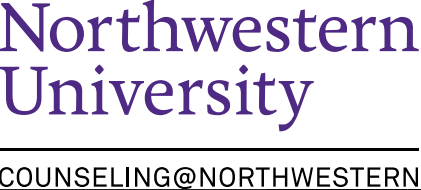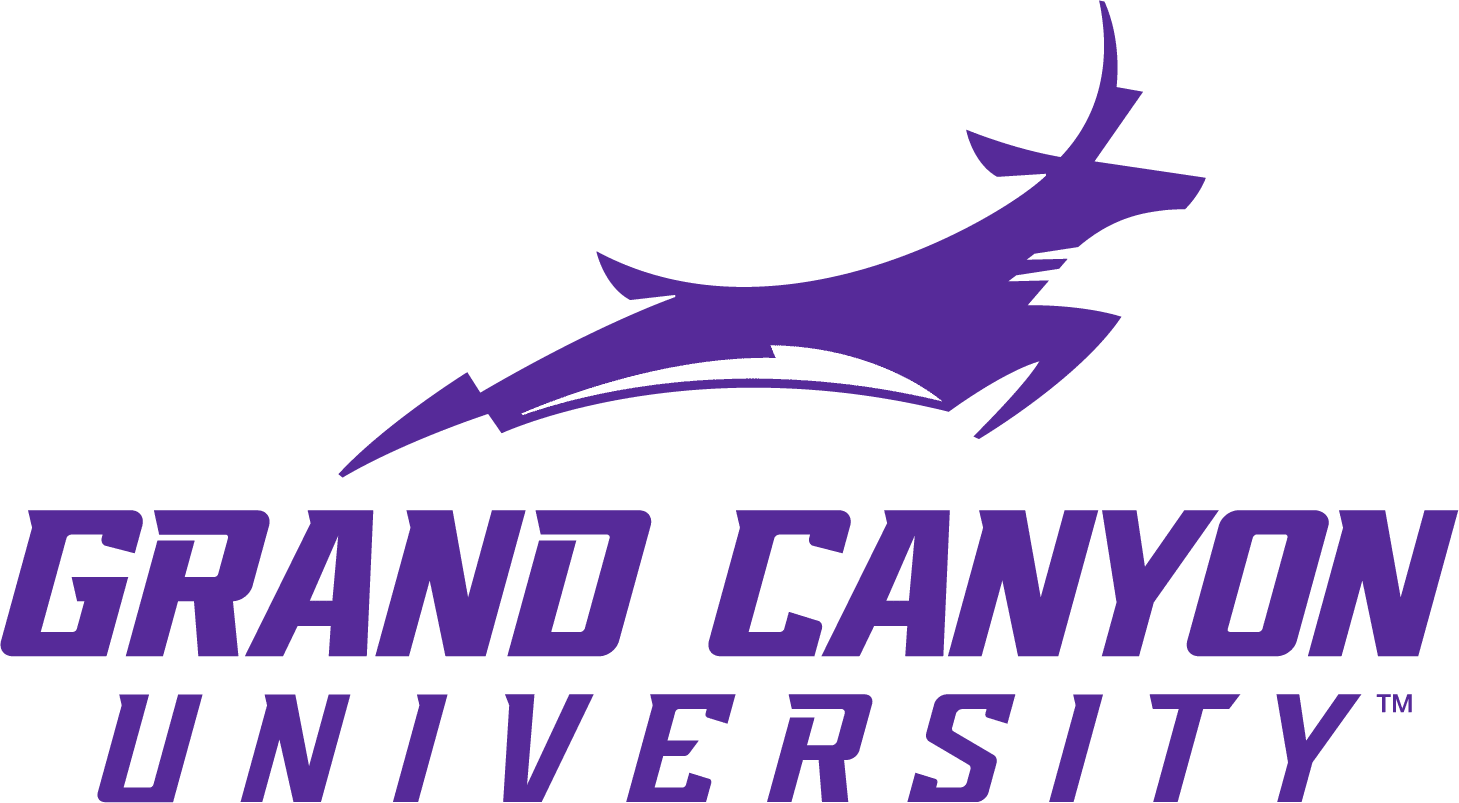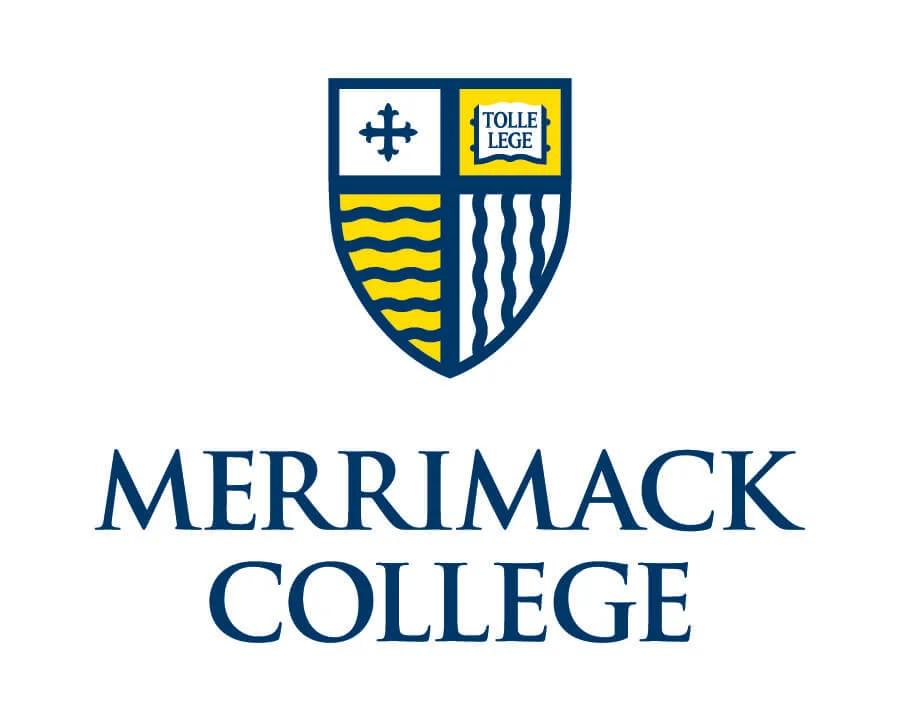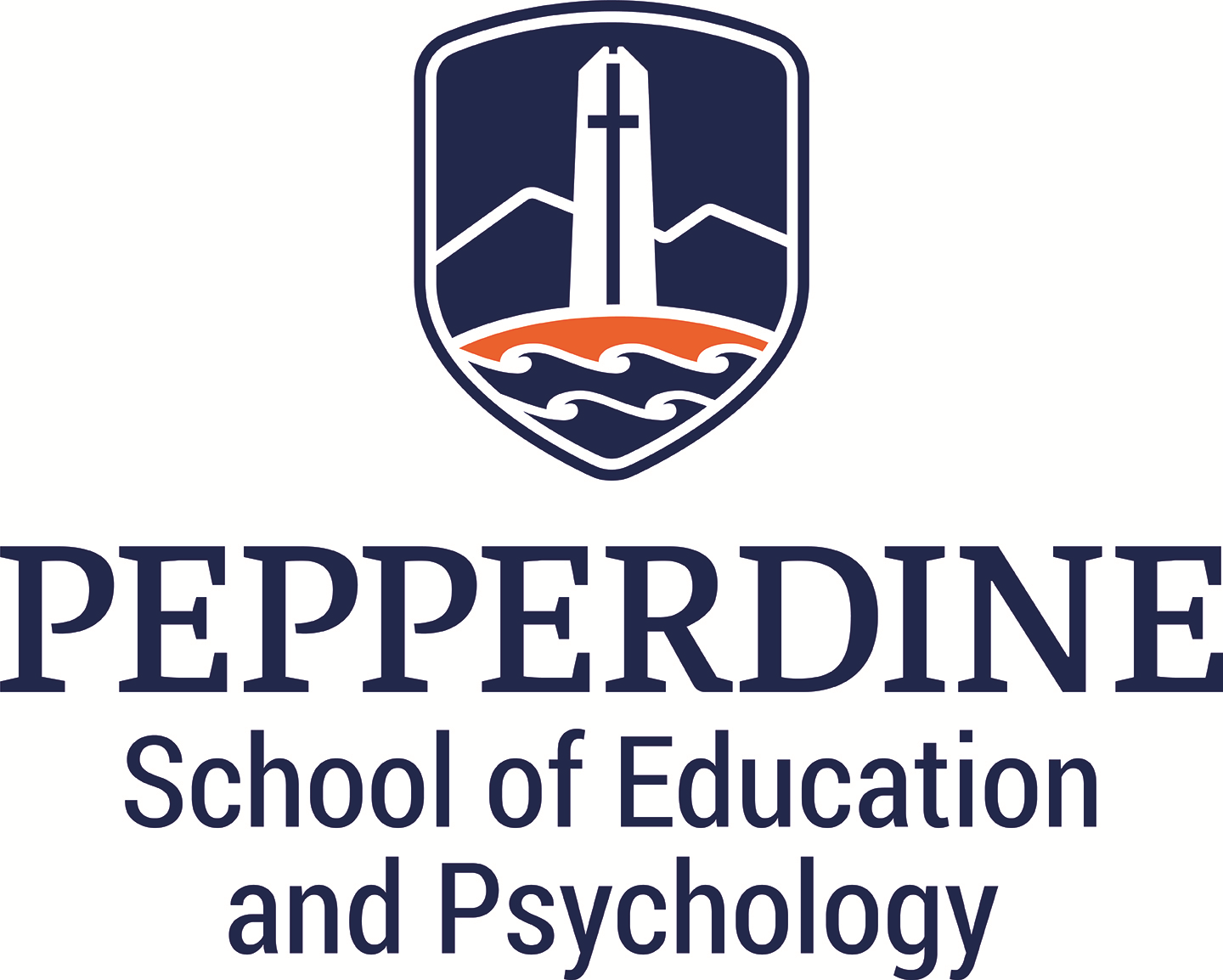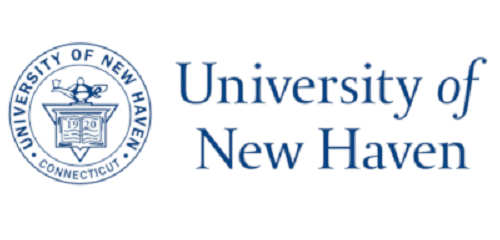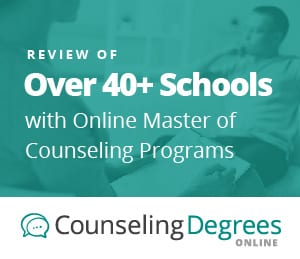Consider a Featured Online Counseling Program
| School and Program Information | Online Program? Entry Requirements |
Course Information |
|---|---|---|
| Walden University
MS in School Counseling
 CACREP Accredited CACREP Accredited |
✔ Online
GRE scores not required |
School counselors help students overcome obstacles and shape successful futures. Walden’s online MS in School Counseling program will give you a solid foundation in school counseling theories, approaches, and best practices while enabling you to gain hands-on experience. Learn More |
| Walden University
MS in Clinical Mental Health Counseling
 CACREP Accredited CACREP Accredited |
✔ Online
GRE scores not required |
Mental health counselors play a valuable role in helping people cope with life’s challenges. Walden’s online MS in Clinical Mental Health Counseling program can help you become the competent, compassionate counselor you know you can be. Learn More |
| Northwestern University
Online MA in Counseling
 CACREP Accredited CACREP Accredited |
✔ Online
GRE Not Required Bachelor's Required |
Prepare to pursue licensure in as few as 18 months Learn MoreFull-time, part-time, and accelerated track options available |
| Northwestern University
Master of Science in Marriage and Family Therapy
COAMFTE Accredited |
✔ Online
GRE Not Required Bachelor's Required |
The COAMFTE-accredited MFT@Northwestern is offered by The Family Institute at Northwestern University. Full-time students can complete the program in as few as 21 months. No GRE is required, but applicants must hold an undergraduate degree. Full and part-time tracks available. Learn More |
| Grand Canyon University
Bachelor's Degree in Counseling
HLC Accredited |
✔ Online
As a private university, GCU has the same in-state and out-of-state tuition. |
Programs include BS in Counseling with an Emphasis in Addiction, Chemical Dependency, and Substance Abuse; BS in Psychology; and BS in Behavioral Health Science. Learn More |
| Grand Canyon University
Master's Degree in Counseling
HLC and NASAC Accredited |
✔ Online
|
Clinical Mental Health Counseling master's degree emphases include: Childhood and Adolescence Disorders, Christian Counseling, Marriage and Family Therapy, and Trauma. Designed to meet the academic requirements of the National Board for Certified Counselors for the National Certified Counselor credential, the Certified Clinical Mental Health Counselor credential and the Arizona Board of Behavioral Health Examiners. As a private university, GCU has the same in-state and out-of-state tuition. Learn More |
| Liberty University
MA: Clinical Mental Health Counseling (CACREP Accredited)
 CACREP Accredited CACREP Accredited |
✔ Online
Online with required intensives |
Our CACREP-accredited master’s in counseling degree online can help you become an ethical, well-trained mental health counselor with the knowledge, values, and skills you need to empower others to make positive changes in their lives. Online and on campus. Training Champions for Christ since 1971. Learn More |
| Merrimack College
M.S. in Clinical Mental Health Counseling
|
✔ Online
NECHE-Accredited | Aligns with CACREP standards |
Take the next step in becoming a Licensed Mental Health Counselor today with an M.S. in Clinical Mental Health Counseling from Merrimack College. Channel your passion for helping people with a rewarding career in mental health with our M.S, in Clinical Mental Health Counseling in as short as 2 years. Learn More |
| NYU Steinhardt
Online MA in Counseling for Mental Health and Wellness
 MPCAC Accredited MPCAC Accredited |
✔ Online
GRE not required; Bachelor’s degree and minimum 2.5 GPA required |
As few as 21 months to complete Learn More |
*Sponsored Counseling Programs
Online CACREP Accredited programs | Online MPCAC Accredited programs
Counseling Careers
The Importance of NCC Certification
An NCC certification shows potential employers your expertise in the field, and advanced counseling positions may be limited to applicants with this type of certification. It’s important to note that although this certification is voluntary, it’s a highly valued credential that shows the public and potential employers that you’ve met national standards. It’s offered in three specialties: addiction, clinical mental health, and school counseling.
In order to identify yourself as a professional counselor, earn the NCC certification and begin treating patients, you’ll need to obtain the proper type of licensure from your state. Licensing requirements vary by state.
NCC Requirements
The National Board for Certified Counselors (NBCC) establishes certain requirements that applicants must meet in order to take the NCC certification examination:
- Education: “You must hold a master’s, education specialist/educational specialist, certificate of advanced study (CAS), or doctoral degree in counseling from either a Council for Accreditation of Counseling and Related Educational Programs (CACREP)-accredited degree program or a counseling program administered by a regionally accredited educational institution.”
- Postgraduate coursework: “Master’s programs must contain a required set of courses that are typically found in most CACREP-accredited programs. The NBCC provides a complete list of required courses on their website for you to review. You must complete at least 48 semester hours or 72 quarter hours of graduate-level coursework. The NCC degree must include at least 6 semesters or 10 quarter-hours of graduate degree–related supervised field experience in counseling.”
- Postgraduate counseling supervision: “You must document at least 100 hours of postgraduate counseling supervision over a minimum 24-month period.”
- Work experience: “You must document having completed at least 3,000 hours of postgraduate counseling work experience over a minimum 24-month period.”
- Ethics: “You must adhere to the NBCC’s Code of Ethics.”
Distinguishing NCC Certification from State Licensure for Counselors
The NCC (National Certified Counselor) certification is a prestigious credential offered by the National Board for Certified Counselors (NBCC) that demonstrates a counselor’s professional competence. It’s important to distinguish between certification and licensure, as they serve different purposes in the counseling field.
Licensure is a state-regulated process that grants permission to practice as a counselor within a particular state. The requirements for licensure vary by state but generally include:
- Proof of completion of an accredited master’s degree program in counseling or a related field.
- Proof of supervised work experience in a real-world setting under a licensed professional counselor (LPC).
- Passing the state’s board examination for counseling professionals.
To become licensed, you must obtain a passing score on either the National Counselor Examination (NCE) or the National Clinical Mental Health Counseling Examination (NCMHCE).
- The NCE is a 200-item multiple-choice exam that covers the skills and knowledge necessary for effective counseling.
- The NCMHCE consists of 10 clinical simulations designed to test a broad spectrum of competencies.
Some common licensure titles include:
Certification, on the other hand, is a voluntary process that provides recognition of a counselor’s expertise and professional commitment. The NBCC offers several certifications, including:
- NCC: National Certified Counselor
- NCSC: National Certified School Counselor
- CCMHC: Certified Clinical Mental Health Counselor (not mentioned previously but relevant)
Important Distinctions:
- Licensure allows you to legally practice counseling in a specific state.
- Certification (like the NCC) is a national credential that can enhance your professional reputation and career opportunities.
Obtaining both your state license and NCC certification can significantly benefit your career. Many employers prefer or require licensed and certified counselors, ensuring high standards of service. Certification can open doors to various career options that may not be available to non-certified professionals.
Counseling Degree Programs for Earning an NCC License
Students considering certification as National Certified Counselors can pursue specializations in one of three fields. There are many online master’s degrees in counseling that offer concentrations in the NCC certification areas of mental health counseling, school counseling, and addiction counseling.
- Online Master’s in Clinical Mental Health Counseling: One of the most preferred online degree programs for students seeking the NCC designation is the Master’s in Clinical Mental Health Counseling. This degree program can provide students with rigorous learning and experience that can translate to hands-on intervention with patients in the field. This program may also include a field experience requirement that allow students to observe clinical practice in the field being performed by licensed and experienced counselors. If you are seeking NCC certification, this is definitely a great degree program to consider completing in the online setting.
- Online Master’s in School Counseling: The NCC also currently certifies learners that have specialized in the field of school counseling. Online Master’s in School Counseling programs can help you gain skills needed for helping children of school-age manage the everyday pressures of young life, as well as assist them with planning for future careers and educational opportunities. Students interested in this path can also complete a generalized online Master’s in Counseling and then additional post-master’s certification programs in school counseling prior to gaining their required experience.
- Online Master’s in Addiction Counseling: Online Master’s in Addiction Counseling programs can train students on methods for assessing, diagnosing, and treating people that are struggling with addiction. NCC certification for this degree program may include both graduation from an accredited program and completion of a work experience requirement prior to becoming certified. If you have a desire to help others overcome addictions, this may be an ideal online degree path to consider.
NCC Career Options
After meeting NCC requirements, receiving certification, and securing a state license, you’re ready to embark on a career as a counselor. These are some of the rewarding careers that NCC counselors can pursue:
Clinical Mental Health Counselor
Nationally certified counselors working as clinical mental health counselors encounter a wide variety of clients, from children working through trauma or neglect, to adolescents and adults seeking help with conditions such as anxiety, depression, addiction, trauma, grief, or life phase difficulties Some mental health LPCs work with people diagnosed with serious mental health disorders, such as schizophrenia and bipolar disorder. Common employment settings include community mental health facilities, hospitals, in-patient units, and group or private practices.
School Counselor
School counselors can be significant role models for children throughout their educational journeys. On a daily basis, they may work with individual students coping with problems at school or at home, help older students plan for college, or plan school events on drug use prevention, mental health for students, and bullying awareness.
Addiction Counselor
Professionals interested in a career that can truly change lives may pursue work in addiction counseling, helping people who’ve been hospitalized, sent to rehab, or who have voluntarily sought out mental health services due to their addiction. These counselors may also support families who have been impacted or displaced due to addiction, and can be an important support in the rehabilitation process for people struggling with addiction who face criminal charges.
Clinical Services Director
One benefit of the NCC is that it can open the door to management positions. Some professionals can become leaders in their organizations, responsible for organizing and reviewing services provided to clients in the clinical setting, directing client care, developing programming, or leading the administrative processes to ensure their clinic is running smoothly. Clinical services directors may also ensure that patients receive competent services, review quality of care, and provide leadership or supervision to counselors.
Clinical Research Specialist
Clinical research specialists conduct studies and trials to improve counseling techniques and publish their findings in counseling journals. This career focuses on advancing counseling methods and treatments, and may help improve treatment for counseling patients.
What Are Some of the Benefits of Becoming a Nationally Certified Counselor?
National counselor certification offers a number of benefits, including the following:
- Access to employment opportunities that prefer or require certified applicants
- Use of the official NBCC certification mark in your title and marketing materials
- Access to publications and materials via the NBCC, such as peer-reviewed journals and research
- Inclusion in NBCC’s Counselor Find Directory, which connects clients with board-certified counselors
- Special offers, discounts, and initiatives only offered to National Certified Counselors
Take Your First Step to Becoming an NCC Today
Continuing your education is a big commitment, but enhancing your counseling career with a Nationally Certified Counselor designation can be both personally fulfilling and life-changing for your clients. With its many fields of specialization, counseling is an exciting field with a spectrum of opportunities.
What Is the NCC?
Most counselors must be certified or licensed by the state(s) in which they wish to treat patients. Some entry-level and administrative counseling positions, like caseworkers, may be exceptions to this rule. However, most counseling positions require a license or certificate to practice and take insurance payments. Depending on the type of counseling you provide and the jurisdiction where you work, the licensing and certification requirements for counselors will vary. The National Certified Counselor designation, which is a voluntary national certification, recognizes a counselor’s compliance with the national criteria set by the counseling profession.The National Board of Certified Counselors (NBCC) is the organization that issues NCCs.
The National Board for Certified Counselors offers the NBCC National Certified Counselor (NCC) Program, a rigorous, examination-based professional certification program. Professional counselors seeking the NCC certification must demonstrate that they have completed particular educational and training requirements and an ongoing professional commitment to the counseling field by completing the other program requirements.
NCC vs. LPC
The NBCC’s national counselor certification certifies a counselor’s compliance with the national standards established by the counseling profession, proving to the public and employers that the counselor is qualified to provide counseling services. The certification is not a permit or license to practice counseling. However, a counselor may find it easier to get a state license or employment in some places if they already have a national counselor certification. Their national certification is valid regardless of where the counselor lives (state or country).
LPC stands for a licensed professional counselor. This license allows a professional counselor to practice in a certain state. Some states have a similar type of license issued under a different title, such as Licensed Mental Health Counselor (LMHC) or Licensed Clinical Professional Counselor (LCPC).
After passing the required licensing examination, professional counselors can obtain a license to offer mental health services. They are qualified to provide clinical professional counseling services under the LPC licensure in various practice settings, such as mental health clinics, hospitals, or other counseling or mental health-related disciplines. Although each state may have requirements for earning an LPC license, basic requirements around education, post-graduation work experience, and licensing examinations may be the same.
NCC Exam Overview
You must have a counseling degree from a CACREP-accredited program or a counseling program run by an institutionally accredited university, with at least 48 semester hours or seventy-two quarter hours of graduate-level courses, to be qualified to take the NCC certification examination.
A passing result on the National Clinical Mental Health Counseling Examination (NCMHCE) or the National Counselor Examination (NCE) is necessary to qualify for the NCC certification. The NCE assesses a candidate’s theoretical and practical knowledge and grasp of the principles required for entry-level counseling practice safely and competently. Two hundred (200) multiple-choice questions make up the test.
The NCMHCE assesses a candidate’s aptitude for using professional knowledge and abilities to evaluate particular client cases. Through replies to clinical case simulations, the examination gauges a clinical mental health counselor’s competence to apply theoretical and skill-based principles.
Nationally Certified Counselor Requirements
One highly-regarded counseling certification is the National Certified Counselor (NCC). The Council for Accreditation of Counseling and Related Educational Programs or institutionally accredited counseling program completion, passing a demanding national examination, documentation of work experience and supervision requirements, and adherence to the highest ethical and practice standards are all requirements for the NCC certification program.
You must pass the National Counselor Exam and have the necessary formal education and work experience. The National Commission for Certifying Agencies (NCCA) is in charge of administering this competency test. The only thing remaining to submit is acceptable verification of supervised counseling experience if you pass the exam and fulfill the credit criteria.
Final Thought on Achieving NCC Certification
Obtaining your NCC (National Certified Counselor) certification is a significant milestone in your professional journey as a counselor. By completing an accredited master’s program, gaining supervised experience, and passing the required examinations, you demonstrate your commitment to excellence in the counseling field.



